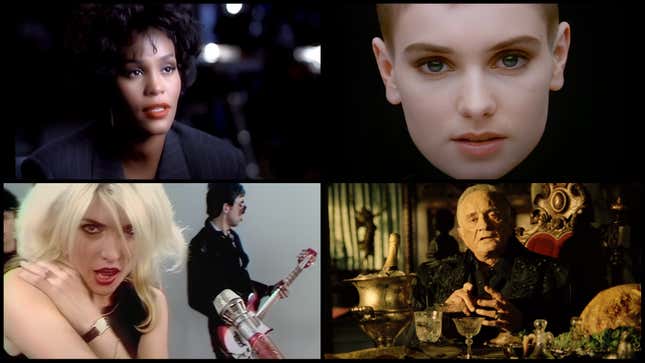
There is no platonic definition of a good cover version of a well-loved song. A good cover can be an enthusiastic celebration of the original, a rendition that highlights the very things that stir passion in an artist. A good cover can reinvent a beloved standard, revealing new quirks in the song or shining a spotlight on the cleverness of the interpreter. Sometimes, a cover song can completely eclipse the original, becoming the version that is lodged in the subconscious at large.
The list of songs that follows contains covers that belong to all three categories. At 25 songs, this list can’t possibly be comprehensive; covers have been part of the vernacular of popular music since the beginning of recorded music. So we’ve chosen to focus on pop and rock covers from the last 50 or so years, songs that remain part of the collective soundtrack, either in the original version or, usually, in these particular incarnations, which somehow managed to supplant the originals in one way or another.